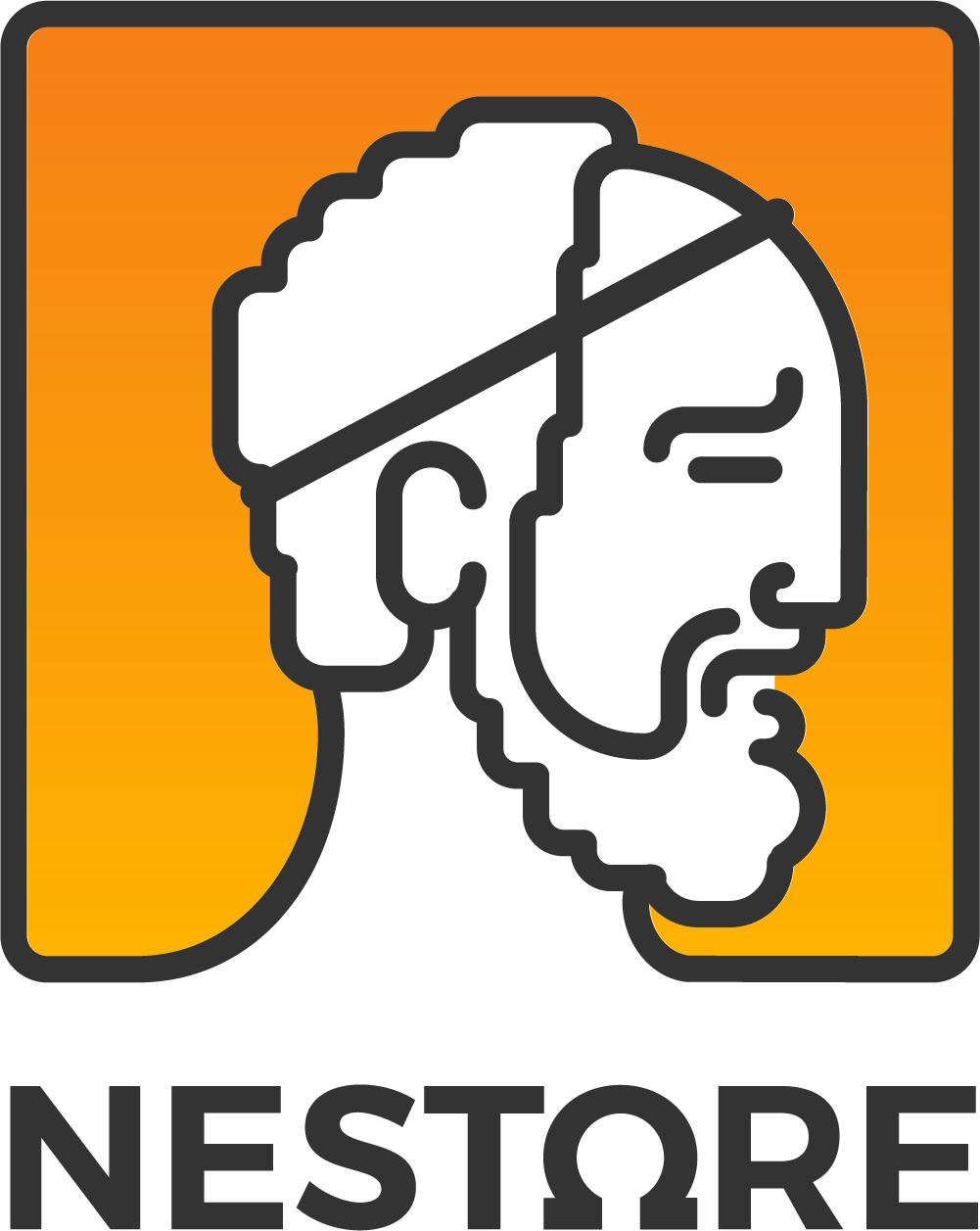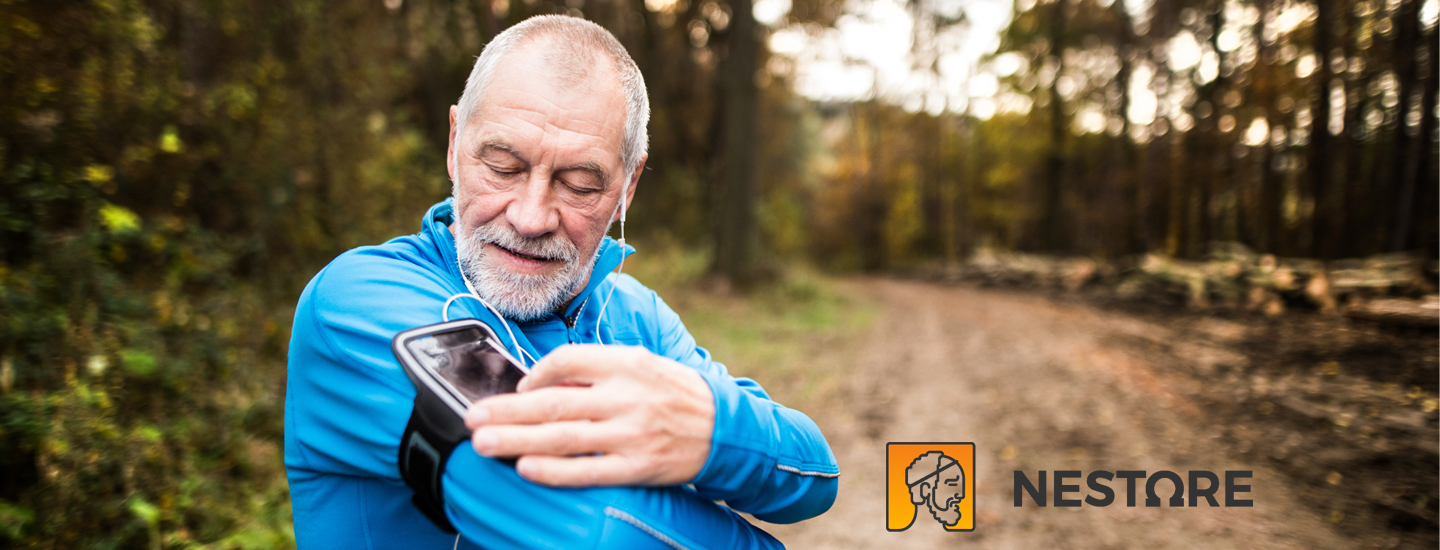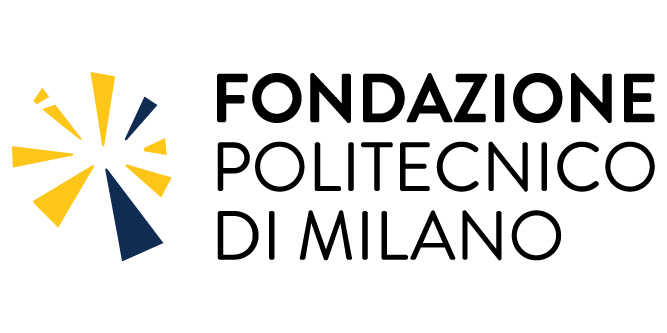

“We used our experience of the PEGASO smart tee-shirt to start another project, NESTORE”. Giuseppe Andreoni, Professor at Politecnico di Milano.
The initiative
NESTORE is an avatar designed to improve the life of elderly people, to help prevent their physical and mental decline, while at the same time encouraging them to stay active physically and socially. NESTORE acts like a personal trainer and a friend who can advise and assist the elderly through a personalised programme of mental and physical training and dietary advice, encouraging social interaction and stimulation as a means for keeping mentally active.
The population is rapidly ageing across Europe and in much of the world. Information communication technology (ICT) can offer user-friendly solutions that significantly help in all three components of physical, mental and social well-being, so that older people can lead a full life. ICT solutions that support an active lifestyle and good health are successful when users accept the proposals and see them as both simple and effective.
The role of the Foundation
Fondazione Politecnico di Milano is working with Politecnico di Milano in the coordination of the initiative
Technical details
NESTORE – Novel Empowering Solutions and Technologies to help Older people Remain active in their Everyday life – is a research and innovation action (RIA) funded by the European Commission under Horizon 2020 – Societal challenge, Personalised Medicine, SC1-PM-15-2017 (Grant Agreement no. 769643). The three-year project was launched in September 2017, with sixteen partners from seven countries (Belgium, Italy, Netherlands, Romania, Spain, Switzerland and UK), working together on the project. NESTORE is coordinated by Politecnico di Milano, with the support of Fondazione Politecnico di Milano.
First results
The integrated prototype for NESTORE was released at the end of year 2 and is ready to begin its pilot and validation phases during the project’s third and final year. Target users were consulted in the prototyping of NESTORE to set out clear user needs and potential impacts. The prototype’s development was helped by modelling the physical state of health of a generally fit elderly person and defining a relative ontological picture. The indicators, metrics and relative intervention techniques were then determined, and the study protocol approved. A joint protocol to communicate, disseminate and apply the outcome of this project was defined in parallel with this work. These findings are published on the project’s website (https://nestore-coach.eu/deliverables).
The presentations displayed at the final event:
Introduction – Giuseppe Andreoni
Presentation from DG CONNECT – Irina Kalderon-Libal
Challenges and lessons learnt from co-design – Paul Chamberlain
Challenges and lessons learnt from technology – Ciprian Candea
Challenges and lessons learnt from user experiences – Laura Fernandez
Challenges and lessons learnt from exploitation – Emanuele Lettieri
Spotlight on vCARE – Massimo Caprino
Spotlight on CAPTAIN – Evdokimos Konstantinidis
Spotlight on Council of Coaches – Harm op den Akker
Final conclusions – Cinzia Mambretti, Ilenia Gheno, Giuseppe Andreoni
Partners
Politecnico di Milano (IT) (lead partner),Flextronics Design SRL (IT),Consiglio Nazionale delle Ricerche (IT),Fundació Eurecat (ES),Ropardo SRL (RO),University of Applied Sciences and Arts of Western Switzerland (CH),University of Barcelona (ES),Fundació Salut i Envelliment (ES),AGE Platform Europe AISBL (BE),Sheffield Hallam University (UK),La Meridiana Due Società Cooperativa Sociale (IT),University of Zurich (CH),Technische Universiteit Delft (NL),Neosperience SpA (IT),A. Hogendoorn Management en Advies BV (NL),Loughborough University (UK).




